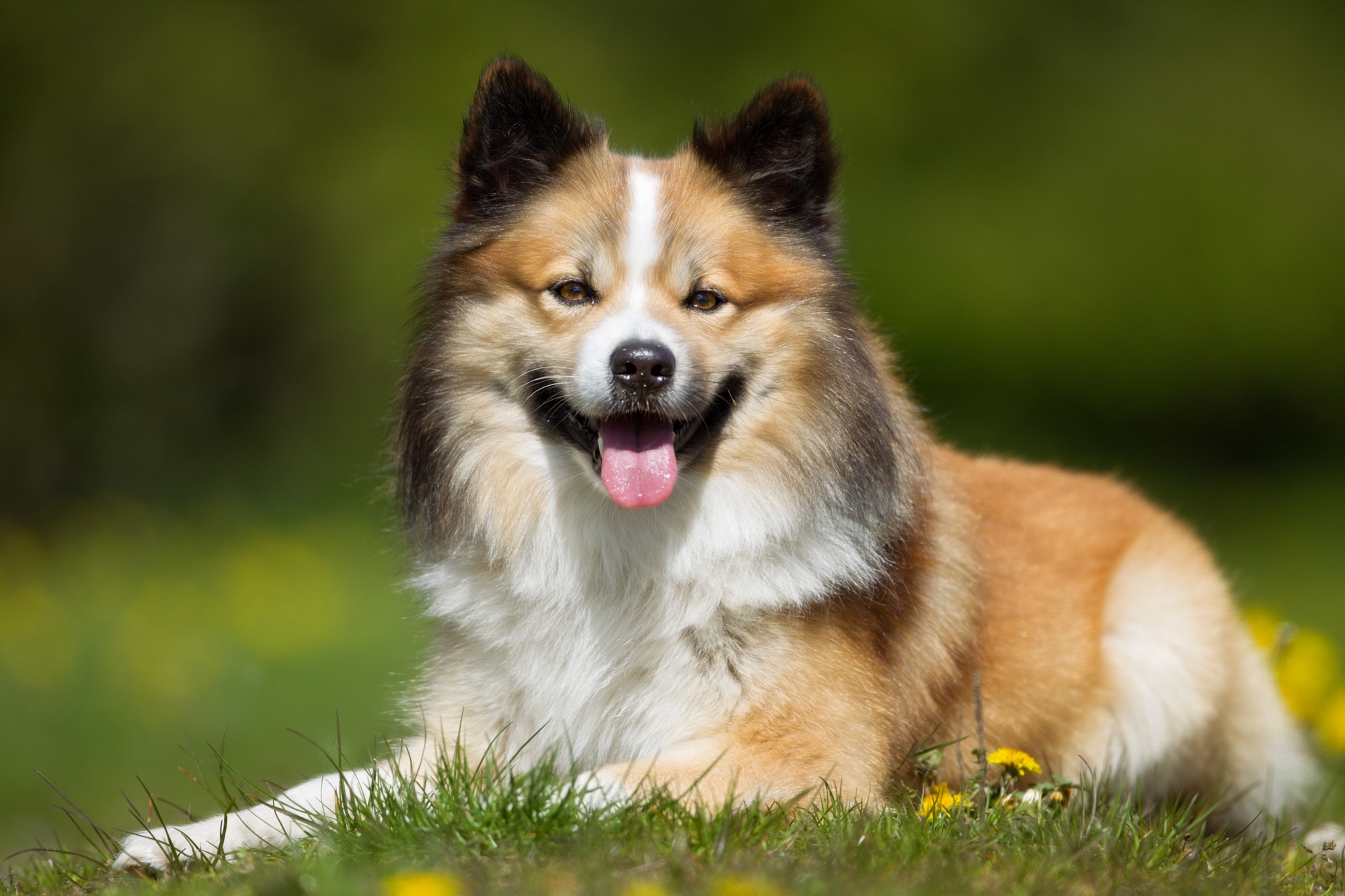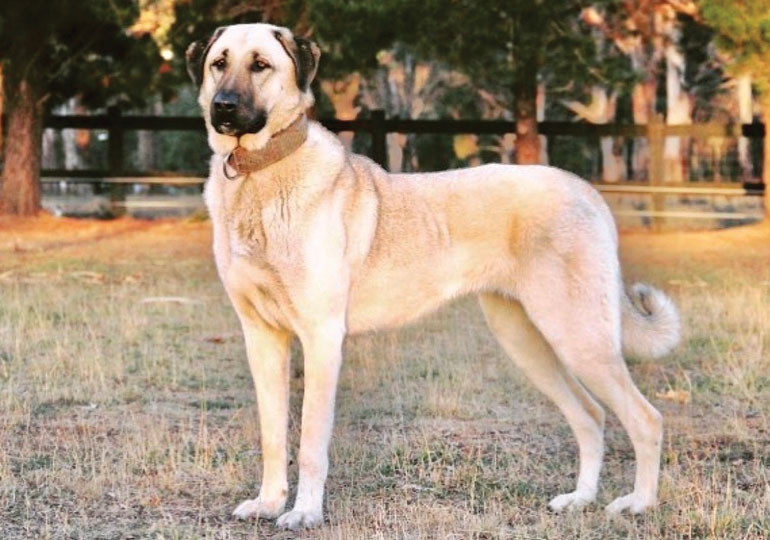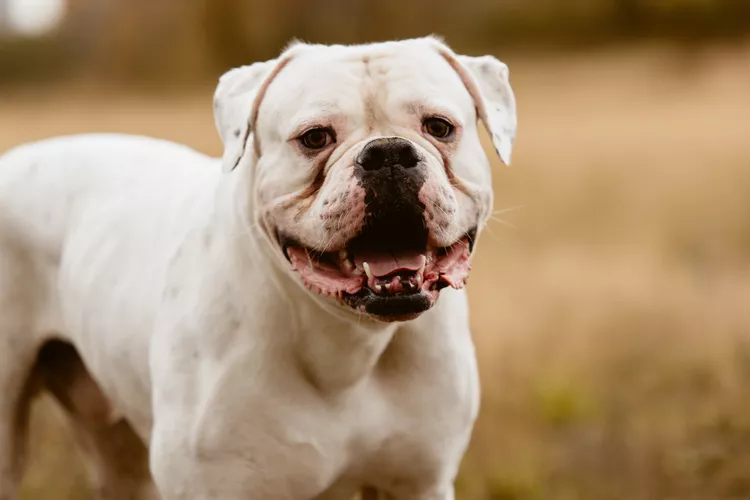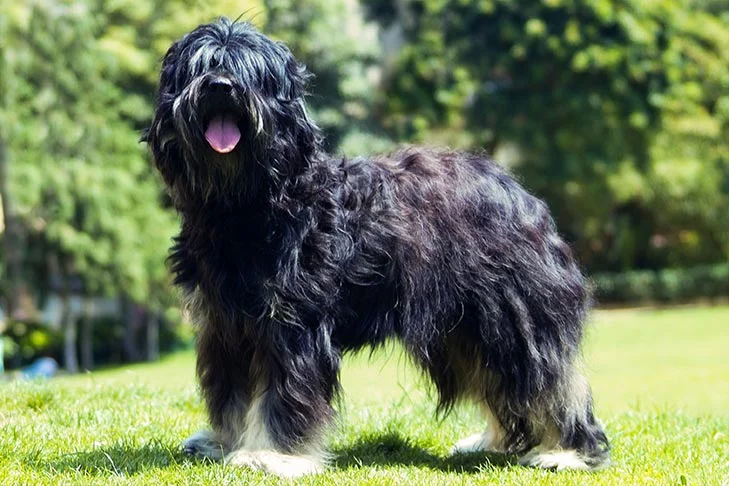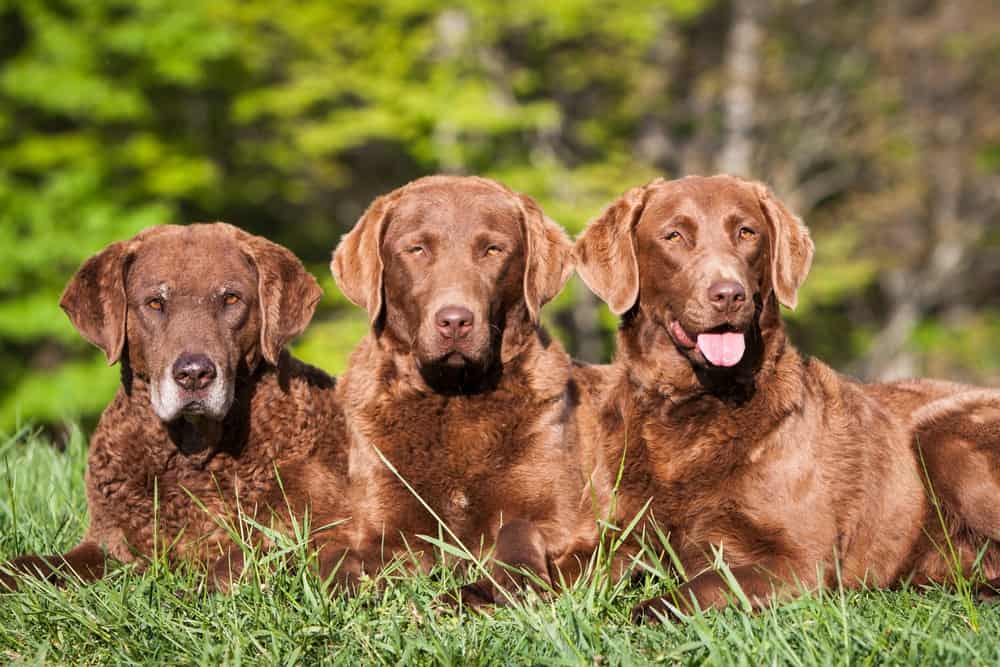Introduction
The Icelandic Sheepdog is a spitz-type breed that originated in Iceland and is one of the country’s oldest breeds. They were used as herding and guarding dogs, as well as for hunting and companionship. Icelandic Sheepdogs are known for their friendly and cheerful personalities, as well as their thick double coats that come in a variety of colors. They are medium-sized dogs that are well-suited for families and active individuals who enjoy spending time outdoors.
Icelandic Sheepdog Temperament

The Icelandic Sheepdog breed is known for its friendly, energetic, and curious personality. These dogs are loyal and affectionate with their family and have a strong desire to please, making them highly trainable. They are intelligent and have a natural herding instinct, but also make great family pets due to their playful and outgoing nature. Icelandic Sheepdogs are typically good with children and other pets, and enjoy being part of a pack. They are active and need plenty of exercise and mental stimulation, such as daily walks and puzzle toys. Overall, the Icelandic Sheepdog is a loyal and playful companion that makes an excellent addition to an active family.
Aggression
Icelandic Sheepdogs are not known for being aggressive, but like all dogs, they may exhibit aggressive behavior if they feel threatened or if they are not socialized properly. Early socialization and training are essential to prevent any aggressive behavior from developing. Owners should also provide their Icelandic Sheepdogs with plenty of exercise and mental stimulation to prevent boredom and frustration, which can lead to undesirable behaviors. If an Icelandic Sheepdog is displaying aggressive behavior, it is important to seek the advice of a professional dog trainer or behaviorist.
Health and Lifespan of Icelandic Sheepdog
The reported lifespan range of the Icelandic Sheepdog is between 12 to 16 years, which is relatively long for a medium-sized breed. However, the lifespan can vary based on factors such as genetics, diet, exercise, and overall health care. With proper care and attention, including regular vet check-ups, a healthy diet, and sufficient exercise and mental stimulation, owners can help ensure their Icelandic Sheepdog lives a happy and healthy life.
Food
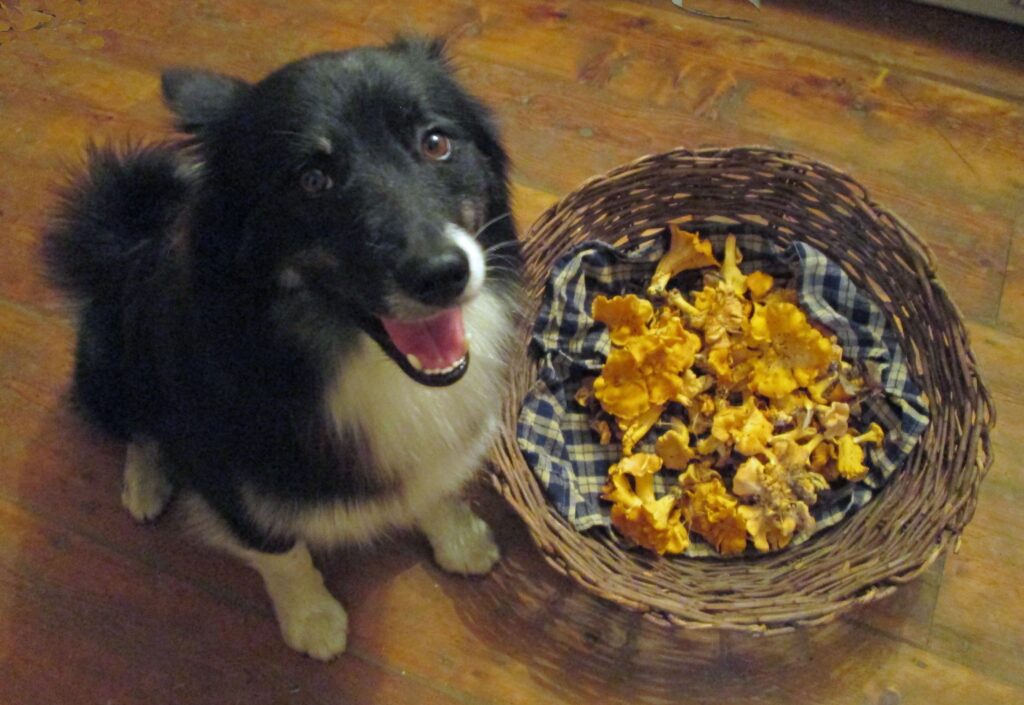
When it comes to feeding your Icelandic Sheepdog, it is important to choose a high-quality dog food that meets their nutritional needs. Look for dog food that has high-quality protein sources, such as meat, fish, or poultry, as well as a balance of healthy fats and carbohydrates. It is also important to avoid fillers, artificial preservatives, and excessive amounts of grains or carbohydrates. Consider your Icelandic Sheepdog’s age, activity level, and any health concerns when choosing their food. Consult with your veterinarian to determine the best type and amount of food to feed your Icelandic Sheepdog.
Training for Icelandic Sheepdog
Icelandic Sheepdogs are intelligent and eager to please, making them relatively easy to train. Positive reinforcement methods work best with this breed, such as using treats, praise, and rewards for good behavior. Early socialization is important to help them become well-adjusted adults. Training should include obedience commands and leash manners, as well as mental stimulation activities such as puzzle toys and agility training. Icelandic Sheepdogs have a strong herding instinct, so owners should provide them with plenty of opportunities to exercise this trait in a controlled environment. Consistency and patience are key to successful training, and owners should always be gentle and avoid using punishment-based methods.
Conclusion
The Icelandic Sheepdog is a charming and affectionate breed that makes a wonderful companion for families and individuals alike. With their energetic and playful nature, they thrive in homes that provide plenty of exercise and mental stimulation. As with any breed, it is important to provide proper training and socialization to prevent any behavioral issues. Additionally, feeding them high-quality dog food that meets their nutritional needs is essential for their health and well-being. Overall, the Icelandic Sheepdog is a delightful and loyal companion that brings joy and love to any household.
